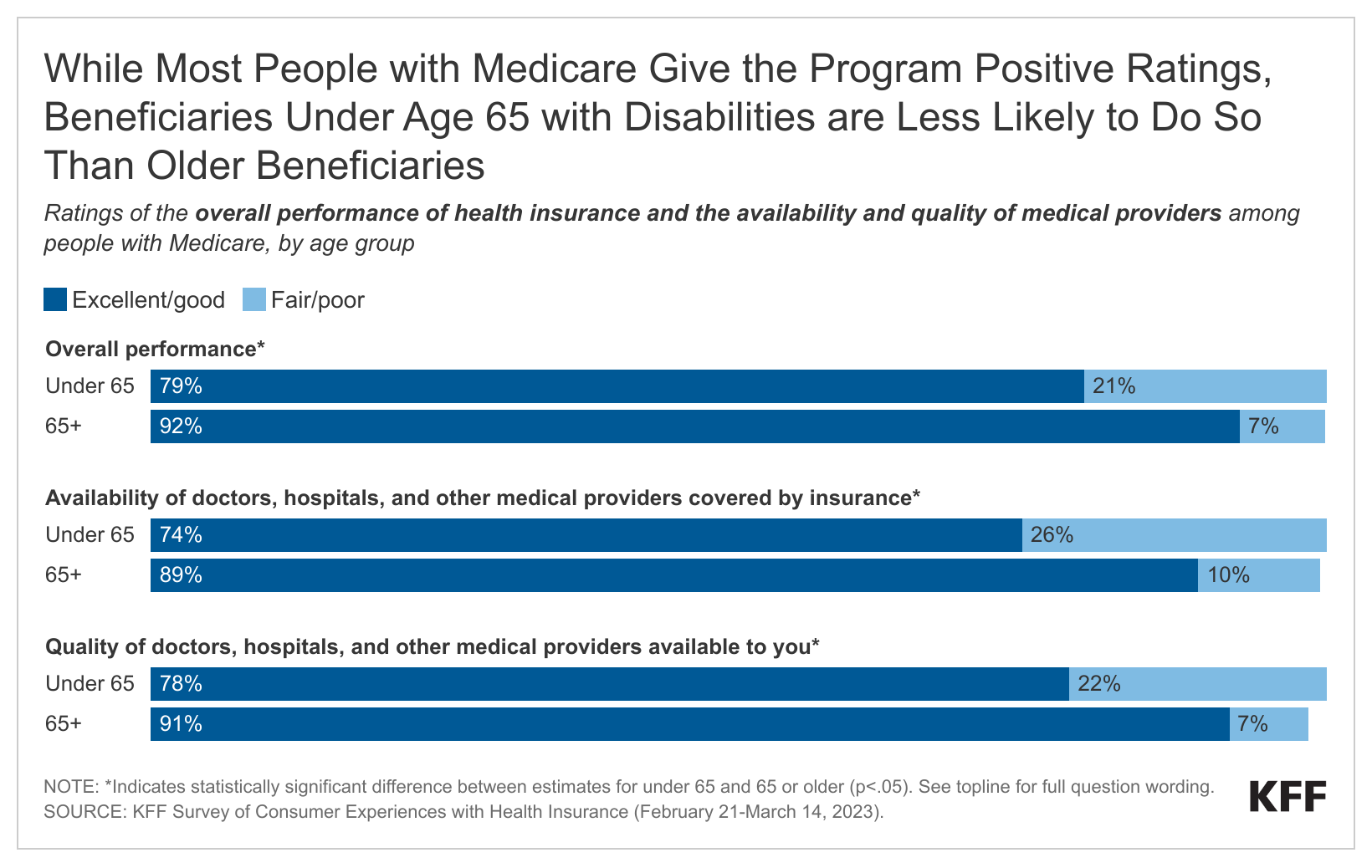- Joined
- Aug 10, 2013
- Messages
- 24,385
- Reaction score
- 30,455
- Location
- Cambridge, MA
- Gender
- Male
- Political Leaning
- Slightly Liberal
I find it rather interesting, and distressing at the same time, that some would think that 6 million patients being on waiting lists for medical care and patients with an over 6 months waiting list for medical care as examples of those systems as being 'working just fine', to me those measurements are an indication of failure.
It is further distressing that, even with those failing metrics, there is still a desire, and demand, to implement them here in the US.
I'm not aware of anyone ever suggesting implementation of an NHS in the U.S.






